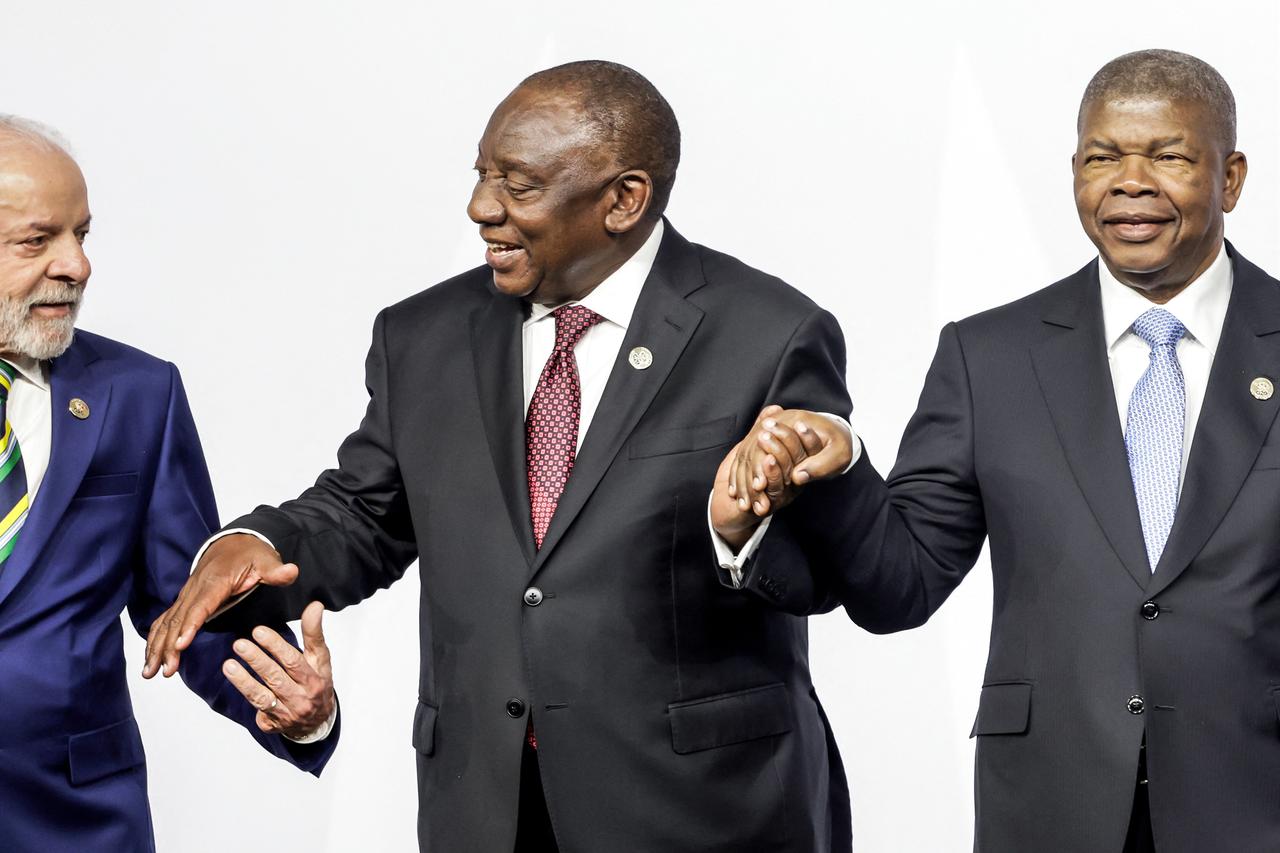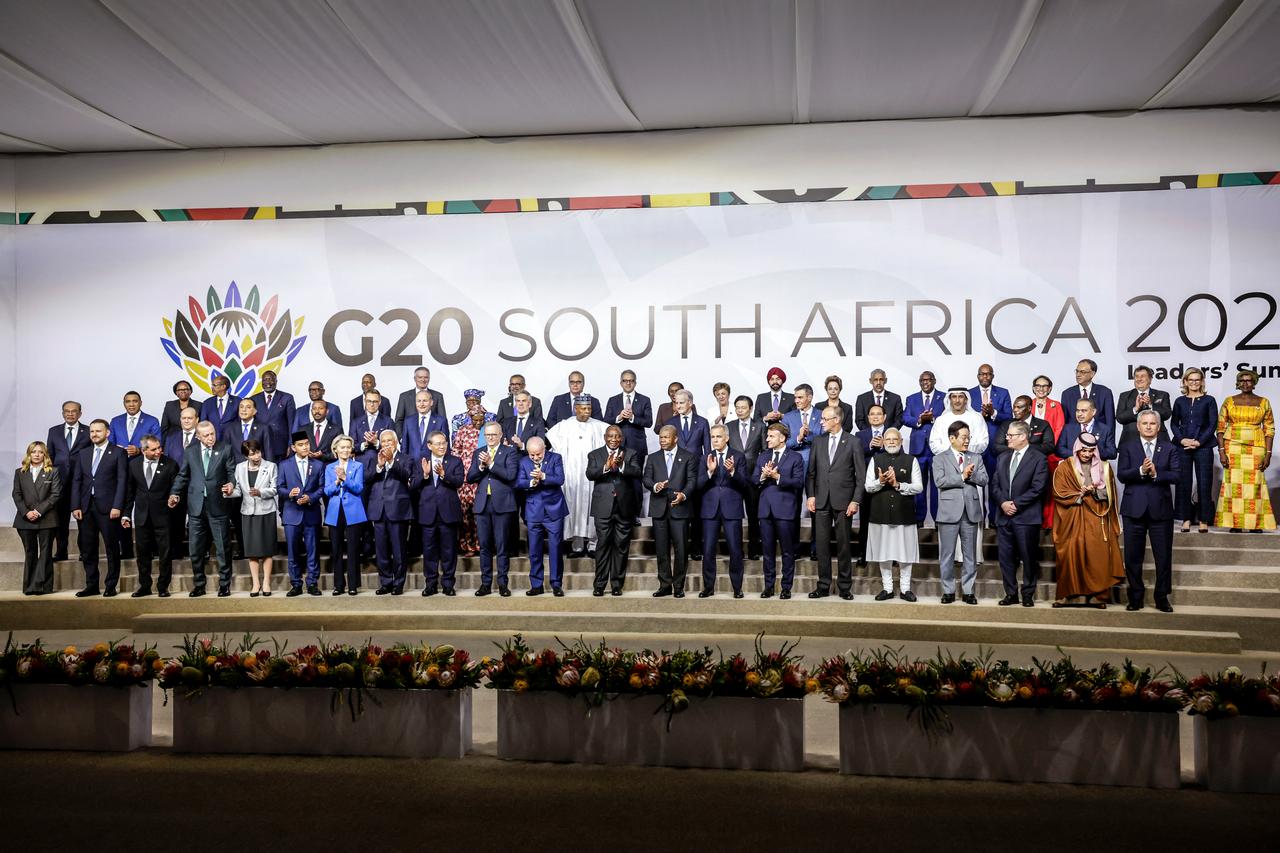
U.S. President Donald Trump announced Wednesday that South Africa will not receive an invitation to the 2026 G20 summit in Miami, escalating tensions following the United States' unprecedented boycott of this weekend's gathering in Johannesburg.
In a statement posted to Truth Social, Trump cited what he called human rights abuses against Afrikaners and other descendants of European settlers as the reason for the exclusion. The announcement marks the first time a sitting G20 member has been barred from the annual summit and follows the first-ever U.S. absence from the gathering of the world's largest economies.
"At my direction, South Africa will NOT be receiving an invitation to the 2026 G20, which will be hosted in the Great City of Miami, Florida next year," Trump wrote, adding that the administration would halt all payments and subsidies to South Africa immediately.
The G20 summit in Johannesburg concluded Sunday with South African officials declaring it a success despite Washington's attempts to disrupt the proceedings. The gathering was notable not only for the American boycott but also for unusual diplomatic protocol breaches and sharp divisions over the summit's agenda.

The conclusion of the summit exposed deep tensions between the two nations when South African President Cyril Ramaphosa declined to hand over the ceremonial gavel to a junior U.S. embassy official. Typically, the outgoing G20 chair passes the symbol of leadership directly to the incoming chair's head of state, but Trump's absence left the handover in limbo.
Washington had requested that Ramaphosa transfer the presidency to a lower-ranking embassy representative who attended the closing ceremony. South African officials rejected the request as a breach of protocol.
"It has never happened before and it was never going to happen for the first time here in South Africa," Vincent Magwenya, Ramaphosa's spokesperson, told reporters. The handover will instead take place Monday between South African and U.S. officials of similar rank.
In another departure from standard practice, the G20 members reached consensus on a joint declaration at the summit's opening Saturday rather than its conclusion. The statement was issued without American input after the Trump administration instructed South Africa not to publish a joint declaration, suggesting instead that only a non-binding chair's statement be released.
Ramaphosa, who said before the event that "we will not be bullied," announced the consensus had been reached and proceeded with the declaration. The document included language on climate change, gender equality and developing nations' debt burdens—topics the Trump administration has characterized as part of an unwelcome diversity, equity and inclusion agenda.
White House spokesperson Anna Kelly criticized the move, accusing Ramaphosa of "refusing to facilitate a smooth transition of the G20 presidency." Trump said he looked forward to "restoring legitimacy" to the group when the United States hosts the summit in Florida next year.
Argentina, whose libertarian president Javier Milei boycotted the summit in solidarity with Trump, voiced some objections to the declaration's language but ultimately did not block its issuance. Milei sent other representatives to the gathering.